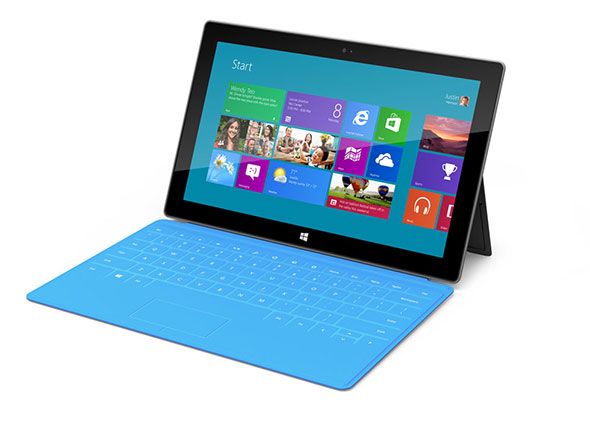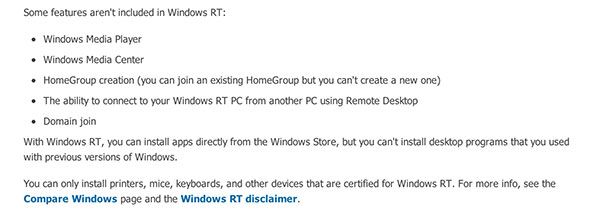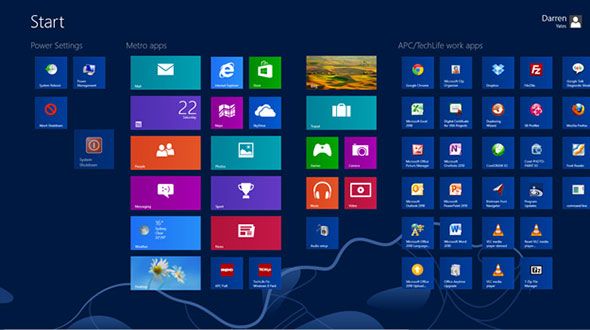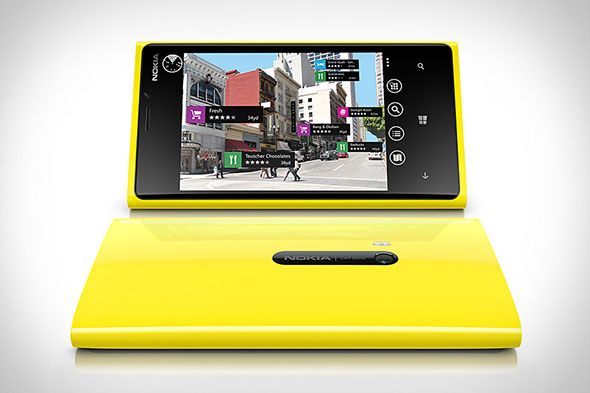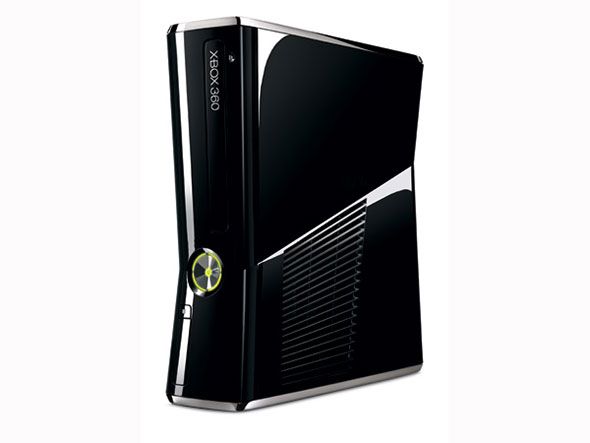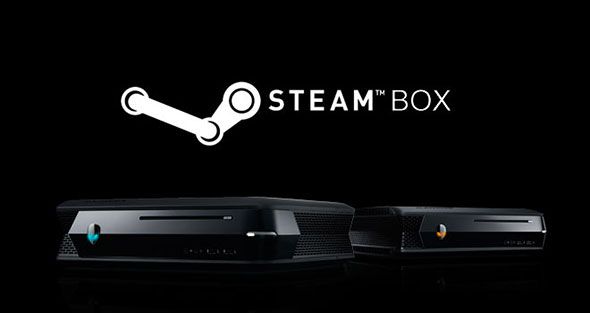Microsoft has a lot of work to do to come out of 2013 with a spring in its step. 2012 was not Redmond's year and demand for Windows 8 can be described as lukewarm, with the uptake rate recently slipping behind Vista - a release many Windows users remember for all the wrong reasons.
Windows RT and the Surface hang in the balance, as modest demand for the company's first ever PC struggles to make it in the real world. That's before considering the plight of Windows Phone and success enjoyed by Apple, Google and Android manufacturers this festive season.
Here's why 2013 means so much to Redmond, Ballmer, and the PC collective.
All Surface No Feeling
I've already waxed lyrical about the Surface and its botched operating system making it onto this year's list of shame, and after what has been described as "modest" demand for the tablet over the festive period, Redmond's "Ballmer boys" have it all to do over the next few months.
Windows RT faces an uncertain future, with a distinct lack of manufacturers and quality products designed to make use of Microsoft's Windows-for-ARM OS, leaving the Surface RT out in the cold from the rest of the bunch. Apps for RT are still lacking, and this is sure to stay the same way for the foreseeable future while Android and iOS continue to set records and rake in cash.
The Surface RT also has an unexpected competitor in the Surface Pro, the x86/64-friendly Surface unit. It runs full-fat Windows 8, which means compatibility with proper desktop applications and games. Microsoft is surely hoping that the poor demand seen for the Surface RT is due to potential customers waiting out for the Pro.
Surface Pro & Windows 8
Still relatively little is known about the Surface Pro, aside from the fact that it will be a Windows 8-powered fully-capable machine in a tablet enclosure. It works with both Type and Touch covers, has the same kickstand, the same aspect ratio and an expected price tag of more than $1000 .
Once released the Surface Pro will be as expensive as a laptop with a higher resolution screen, proper keyboard and better internals so the reasons for buying one are not immediately clear. A quick glance at the competition shows already proven machines like the MacBook Air and Intel Ultrabooks like the Asus ZenBook going for a similar price.
Microsoft has already announced its next major release codenamed Windows Blue, the follow-up to Windows 8 expected sometime toward the end of 2013. The proximity of the next release date makes Windows 8 an easy one to miss this time round if Windows 7 is still your desktop OS of choice. So far Windows 8 hasn't gelled with consumers, with the uptake of the new OS slower than the ill-fated Vista.
The Windows Phone Flop
Despite a promising UI when it first debuted (which has now made it into nearly all Microsoft products) and the recent passing of 75,000 apps in the store (of which you'll find the best here), Windows Phone is still suffering from poor adoption. Nokia's latest line of smartphones were supposed to transform the fortunes of the hardware and software manufacturers, but this has yet to happen.
Windows Phone is the most mature of the Metro-toting products, and it's a marginally better looking situation for Microsoft until you look at the full picture. iOS and Android devices continue to sell by the truckload, with Google's OS out in front in terms of numbers while Apple enjoys strong performance in both software and hardware sales. The maturity of both iOS and Android is not to be underestimated at this stage which means Windows Phone still has it all to do after a muted start.
Xbox in 2013
Nintendo has already released their next generation console, Sony is apparently readying their developer units which means 2013 is Microsoft's year to perform with a new Xbox console due out toward the end of the year. The Xbox brand has enjoyed massive success with the release of the 360 and more recently Kinect, and as we near the end of this generation it's time for Microsoft's next offering to take center-stage.
While the Xbox brand is easily one of Microsoft's strongest, 2013 is the year that Valve are set to release their fabled living room PC. Valve told attendees at this year's Ubuntu Developer Summit that Linux was a more viable platform than Windows 8 for gaming, and has since made its plans to take over the living room public.
So what does this mean for Microsoft? Windows is the current platform of choice for desktop gamers, with more full price titles making it into Mac App Store and a select few titles available through Steam for Linux. A Steam console would simplify PC gaming for those of us who already enjoy mashing D-Pads in front of the TV, but can't be bothered with the hassles of building a PC. If Valve decides to go for a non-Windows base, it could affect the PC market hugely and dent the industry's reliance on the Microsoft Windows platform.
Whatever happens with Valve's so-called "Steambox", it's bound to be good news for consumers, with Steam's famously cheap (and free) games and monster sales helping bring the price of downloads down, something Microsoft doesn't seem to want to do for this generation.
What do you think will happen to Microsoft in 2013? Will you be sticking to Windows? Is the Surface on your shopping list? Let us know what you think of Microsoft's current predicament in the comments, below.


